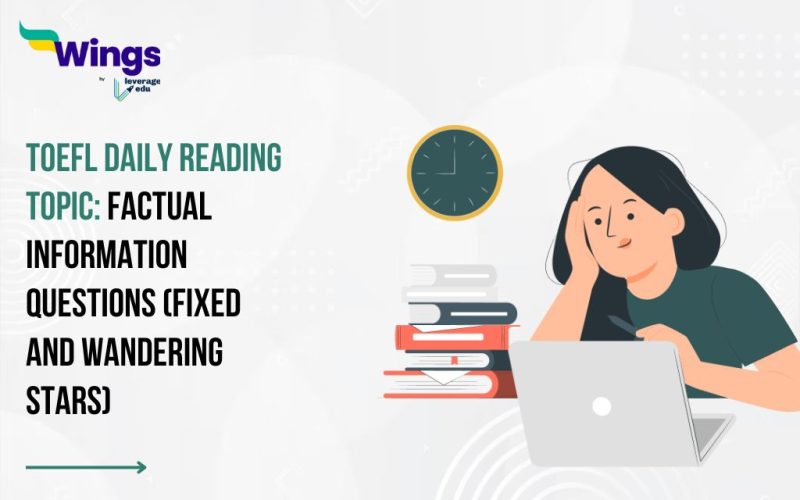These require you to identify specific details, facts, or information directly stated in the passage.
Read the following passage and answer accordingly.
Fixed and Wandering Stars
Ancient Babylonian, Assyrian, and Egyptian astronomers knew the approximate length of the year. The Egyptians of 3000 years ago, for example, adopted a calendar based on a 365-day year. They kept careful track of the rising time of the bright star Sirius in the predawn sky, which has a yearly cycle that corresponded with the flooding of the Nile River. The Chinese also had a working calendar; they determined the length of the year at about the same time as the Egyptians. The Chinese also recorded comets, bright meteors, and dark spots on the Sun. Later, Chinese astronomers kept careful records of “guest stars”—those that are normally too faint to see but suddenly flare up to become visible to the unaided eye for a few weeks or months. We still use some of these records in studying stars that exploded a long time ago.
The Mayan culture in Mexico and Central America developed a sophisticated calendar based on the planet Venus, and they made astronomical observations from sites dedicated to this purpose a thousand years ago. The Polynesians learned to navigate by the stars over hundreds of kilometres of open ocean—a skill that enabled them to colonize new islands far away from where they began.
In Britain, before the widespread use of writing, ancient people used stones to keep track of the motions of the Sun and Moon. We still find some of the great stone circles they built for this purpose, dating from as far back as 2800 BCE. The best-known of these is Stonehenge.
a) They were created based on observing the stars and planets.
b) They were the reason that colonization was made possible.
c) The Mayans invented them all by observing the stars in the open ocean.
d) They were developed to make astronomical observations.
Correct Answer- A
Tips To Remember
- Identify and mark key phrases related to the information
- Pay attention to the question wording and details in the passage.
- Cross out incorrect choices
- Understand different ways information may be expressed.
- Allocate time wisely; don’t spend too long on a single question.
Are you preparing for TOEFL? Check out the video given below👇 to know about the TOEFL preparation.
Download the Leverage App today.


Need help to prepare for TOEFL? Check out the best TOEFL preparation courses in the market offered in a live training environment by trusted educators. If you want to ease your study abroad journey, then call us at 1800-57-2000.
 One app for all your study abroad needs
One app for all your study abroad needs
















 45,000+ students realised their study abroad dream with us. Take the first step today.
45,000+ students realised their study abroad dream with us. Take the first step today.